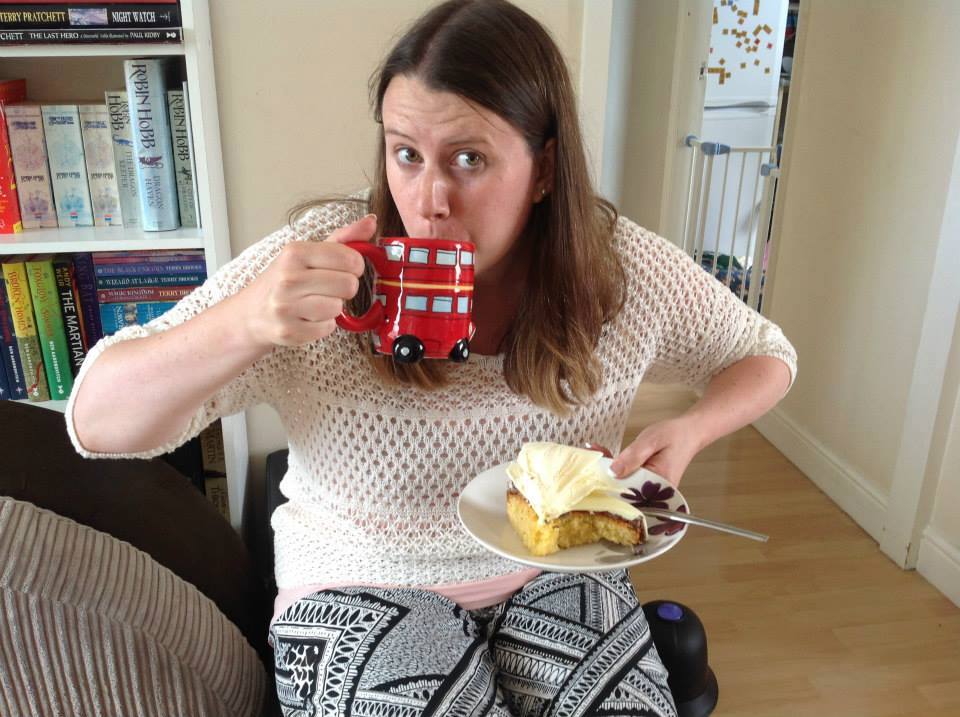
If you belong to any kind of writing community online, you’ve probably heard someone talk about ChatGPT and maybe even read some creative prose written by this artificial intelligence tool. GPT is a chatbot powered by huge quantities of data and computing to make predictions and string together words in a meaningful way; produce some creative writing, for example. They’re able to tap into masses of vocabulary and have the ability to understand words in context, which allows them to mimic speech patterns. ChatGPT was released by OpenAI, giving everyone access to the technology and allowing us all to experiment. As OpenAI explains on its own website: ChatGPT sometimes writes plausible-sounding but incorrect or nonsensical answers.
However, AI writing tools like this shouldn’t be so readily dismissed. They have real potential to revolutionise the way we write and create fiction. Writers can use them to improve productivity, overcome writer’s block and even take their writing to the next level.
There are many different types of AI writing tools and you might be surprised to learn you’re already using one/some of them:
Content Generation – write articles, blog posts and product descriptions, eg JasperAI
Language Editing – check grammar, spelling and punctuation, eg Grammarly
Dialogue Generation – create realistic dialogue in stories, eg OpenAI’s GPT-3
Story Generation – generate complete stories based on a series of prompts, eg ChatGPT
So, can they really help writers? Well, they can be used to generate ideas, develop characters, create plot structure, improve language usage and sentence structure, do the research, generate dialogue and even create complete stories. Sounds like a shiny new tool for any writer’s toolkit!
But before you rush out to write 17 new novels next week, what about the potential issues? After all, it does seem a little too good to be true, right? AI tools are being used to successfully translate books into different languages at a fraction of the time and cost that a human translator can manage, putting their jobs at risk but making more books available to more people, which can only be a good thing.
The quality of output varies widely and depends a lot on the initial input given to the AI. While AI can indeed generate ideas and text based on pre-programmed information, they lack the creativity and originality you get from the inside of a writer’s brain. Let’s face it, there’s all kinds of stuff going on in there! Errors can occur through misunderstandings of context, despite best efforts, and AI will only be as unbiased as the information provided. The use of AI tools usually requires access to a great deal of personal information, which can raise concerns over personal security and safety, plus the cost may be prohibitive to many writers.
Writers should – as with all the tools in their toolkit – do their research and use what works for them. Understand how AI can work from them, dabble if they like, keep up to date with developments, and use as needed, but never fall into the trap of relying completely on one thing when writing.
This is an extract from an article originally published for Write On! magazine on pentoprint.org
Claire Buss is an award-winning multi-genre author and poet. She wanted to be Lois Lane when she grew up but work experience at her local paper was eye-opening. Instead, Claire went on to work in a variety of marketing and administrative roles for over a decade but never felt quite at home. An avid reader, baker and expert procrastinator Claire won second place in the Barking and Dagenham Pen to Print writing competition in 2015 with her debut novel, The Gaia Effect, setting her writing career in motion. Since then, Claire has published nineteen novels and poetry collections and had her short fiction published in six anthologies. The Gaia Effect won the Uncaged Book Reviews Raven Award for Favourite Sci-Fi/Fantasy novel in 2017 and the first book in her humorous fantasy series, The Rose Thief, won in 2019. Working with Pen to Print, Claire delivers regular Book Surgeries offering marketing help and advice to new and established authors. In 2019 Claire was part of the original team involved in creating and establishing Write On! Magazine and continues to support, work and promote the magazine in her role as Deputy Editor, a different kind of Lois who champions new writers and helps them share their creativity. Claire continues to write passionately and is addicted to finding the perfect egg-free cake.
You can follow her on Twitter, Instagram and TikTok on @grasshopper2407, on Facebook.com/busswriter and visit her website www.clairebuss.co.uk for more information about Claire and her writing. All her books are available in eBook and paperback on Amazon at tinyurl.com/ClaireBussBooks
Comments